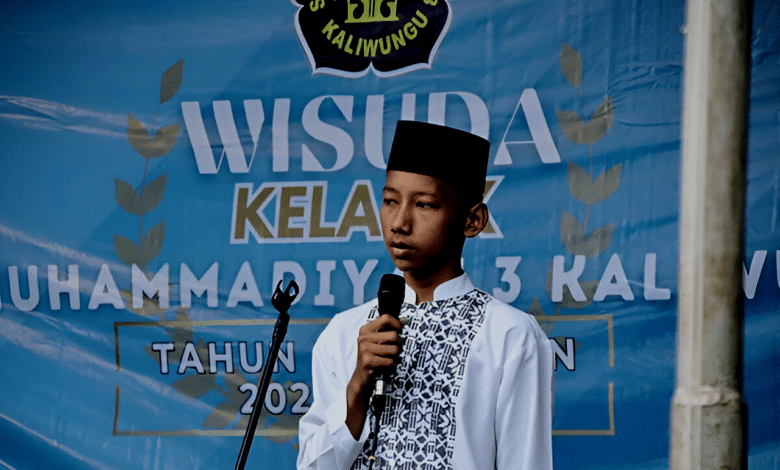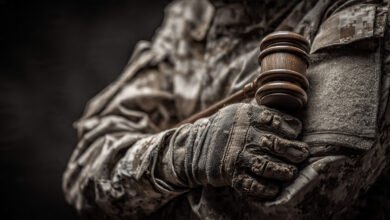Freedom of Speech Rights in Texas Schools What Parents Should Know
Freedom of speech in Texas schools Learn student rights school limits and how parents can protect First Amendment expression in educational settings.

Freedom of speech is a cornerstone of American democracy, but its application in Texas schools often raises important questions for parents, students, and educators. While the First Amendment protects the right to free expression, public schools have the authority to impose certain restrictions to maintain order and ensure a safe learning environment. Understanding where these boundaries lie is crucial for families navigating issues like political protests, dress codes, social media use, and disciplinary actions. This article explores the legal framework surrounding freedom of speech in Texas schools, key court cases that shape student rights, and practical guidance for parents advocating for their children.
The balance between protecting student expression and allowing schools to enforce reasonable rules is not always clear-cut. Recent debates over book bans, LGBTQ+ advocacy, and racial justice discussions have further highlighted tensions between free speech and school policies. Parents who know their rights and their children’s rights can better address conflicts with administrators and ensure young voices are heard without unfair censorship. By examining real-world examples and legal precedents, this guide empowers families to navigate these complex issues with confidence.
Freedom of Speech Rights in Texas Schools What Parents Should Know
Understanding Freedom of Speech in Texas Schools
The First Amendment guarantees that the government including public schools cannot infringe on free speech. However, the U.S. Supreme Court has ruled that schools have the authority to limit speech if it causes substantial disruption (Tinker v. Des Moines, 1969) or violates school policies (Bethel School District v. Fraser, 1986). In Texas, these principles apply, but state laws and local Freedom of Speech also shape how schools handle free speech issues.
Key Court Cases Shaping Student Speech Rights
Tinker v. Des Moines
This landmark case established that students retain free speech rights unless their expression “materially disrupts” school operations. The ruling came after students were suspended for wearing black armbands to protest the Vietnam War. The Court sided with the Freedom of Speech, emphasizing that schools cannot suppress opinions simply because they are controversial.
Bethel School District v. Fraser
The Supreme Court’s 1986 Bethel School District v. Fraser decision established that public schools have authority to restrict lewd, vulgar, or plainly offensive student speech, even when it doesn’t cause substantial disruption. In this pivotal case, the Court upheld the suspension of a high school student who delivered a sexually suggestive nominating speech filled with Freedom of Speech entendres at a school assembly, ruling that schools have a fundamental interest in teaching “the shared values of a civilized social order.”
Hazelwood School District v. Kuhlmeier
The Supreme Court’s 1988 Hazelwood School District v. Kuhlmeier decision established that public schools have broad authority to regulate student speech in school-sponsored activities when they can demonstrate “legitimate pedagogical concerns.” This precedent allows Texas school administrators to censor or edit content in student newspapers, school plays, official speeches, and other curriculum-related activities if they reasonably believe the material is inappropriate for the educational Freedom of Speech.
Mahanoy Area School District v. B.L.
The U.S. Supreme Court’s 2021 decision in Mahanoy Area School District v. B.L. significantly clarified the limits of school authority over students’ off-campus speech, particularly on social media. In this landmark case, the Court ruled that a Pennsylvania school district violated a student’s First Amendment rights when it suspended her from the cheerleading team for posting a vulgar Snapchat message off-campus after failing to make the varsity squad. While acknowledging schools may Freedom of Speech regulate off-campus speech in special circumstances.
Types of Speech Protected in Texas Schools
Protected Student Speech in Texas Schools
Texas students maintain robust free speech rights under the First Amendment, including Political Expression: Wearing protest slogans on clothing (e.g., Black Lives Matter or Second Amendment messages), organizing peaceful walkouts, or distributing political Freedom of Speech. Religious Rights: Praying individually or in groups, forming faith-based clubs under the Equal Access Act, and discussing religious views in assignments as long as participation is voluntary and schools don’t endorse specific beliefs. Artistic Freedom: Creating written, visual, or performance art, unless content crosses into obscenity (as defined by Miller v. California) or violates school policies against harassment.
Permissible School Restrictions on Speech
Texas schools may legally limit student expression when Safety or Legality is Compromised: Speech promoting violence, drug use, or criminal activity (e.g., a social media post threatening a school shooting) isn’t protected. True threats (Virginia v. Black) and targeted harassment (Davis v. Monroe) are also prohibited. Educational Standards Apply: Schools may censor Freedom of Speech (per Fraser) or material deemed inappropriate for minors (e.g., explicit lyrics in a school talent show). They can also prevent substantial disruptions like punishing students who shout political chants during lessons (Tinker’s “material disruption” test).
When Can Schools Discipline Students for Speech
Texas schools must follow state and federal laws when disciplining students for speech-related issues. Common scenarios where schools may take action include Cyberbullying and Online Speech If a student’s social media post threatens another student or causes a significant disruption, the school may intervene. Hate Speech While offensive speech is generally protected, Freedom of Speech or targeted harassment can lead to disciplinary measures. School-Sponsored Activities Administrators have more control over speech in school newspapers, plays, or official events. Parents should review student handbooks and district policies to understand specific rules.
What Parents Can Do to Protect Their Child’s Rights
Know the Law Familiarize yourself with the First Amendment and Texas Education Code provisions on student rights. Document Everything If a school restricts your child’s speech, keep records of communications and policies. Request a Meeting Discuss concerns with teachers or administrators before escalating the issue. Seek Legal Advice If the school violates constitutional Freedom of Speech, consult an education or civil rights attorney. Encourage Responsible Expression Teach children how to express opinions respectfully while understanding potential consequences.
Read More: Gun Law Violations in Texas Legal Defenses That Work
Conclusion
Freedom of speech remains a vital yet complex issue in Texas schools, where the rights of students must be balanced with schools’ responsibility to maintain order. While the First Amendment protects young people’s ability to express their views, parents should understand that schools may impose reasonable restrictions particularly when speech disrupts learning or harms others. By staying informed about legal precedents and school policies, families can better advocate for their children’s rights while teaching them to exercise their voices responsibly.
As debates over political expression, social media use, and controversial topics continue to evolve, parents play a crucial role in ensuring schools respect constitutional freedoms. Whether challenging unfair disciplinary actions or guiding students on appropriate expression, knowledge of freedom of speech rights empowers families to navigate these challenges effectively. By fostering open dialogue with educators and understanding the legal boundaries, parents can help create schools where students feel heard while maintaining a productive learning environment for all.
FAQs
Can Texas schools punish students for political opinions?
No, schools cannot punish students solely for expressing political views unless the speech causes substantial disruption.
Are dress codes a violation of free speech?
Dress codes are generally allowed, but if they selectively ban certain messages (like political slogans), they may face legal challenges.
Can students protest during school hours?
Yes, but schools can set reasonable time and place restrictions to avoid disrupting classes.
Do free speech rights apply to private schools?
Private schools are not bound by the First Amendment but may have their own policies on student expression.
What should I do if my child is disciplined for speech?
Review school policies, document the incident, and consult a legal expert if you believe rights were violated.











